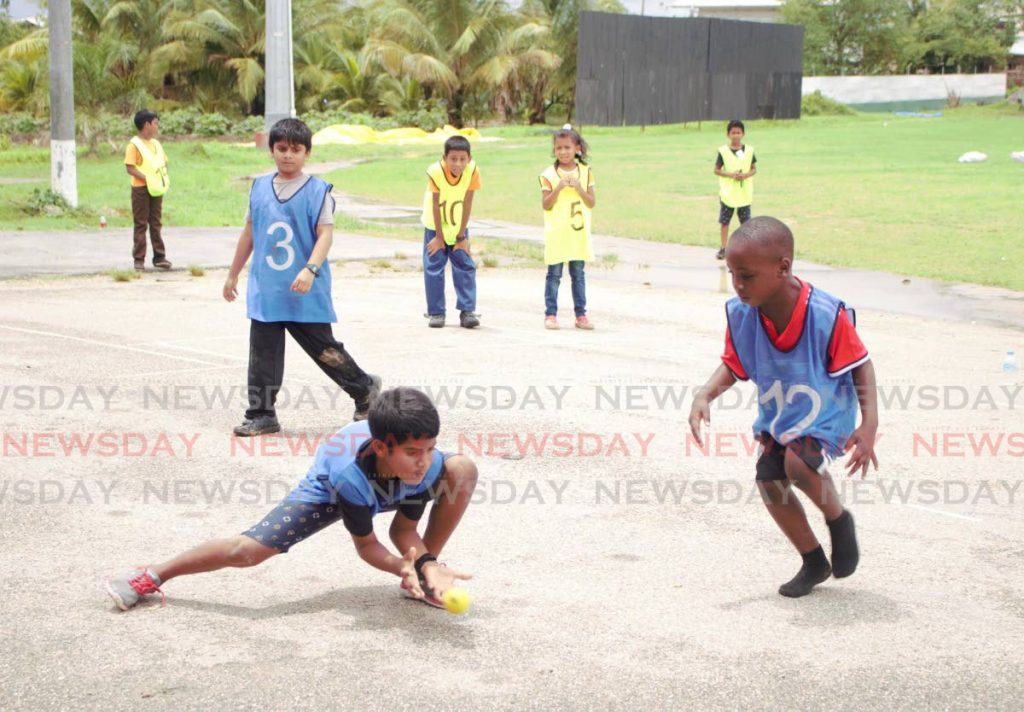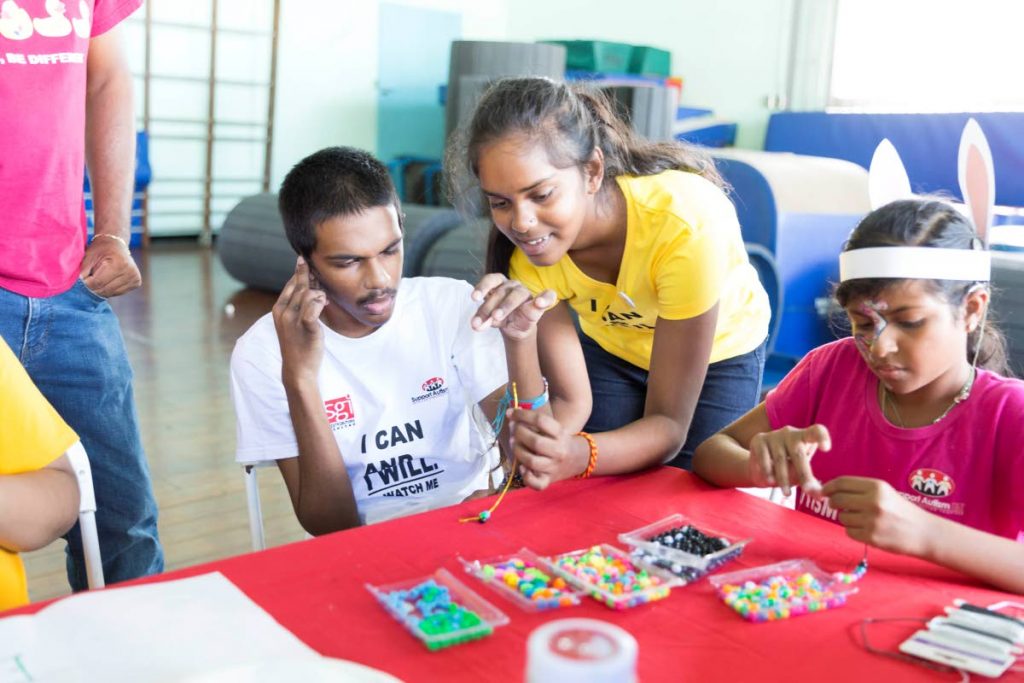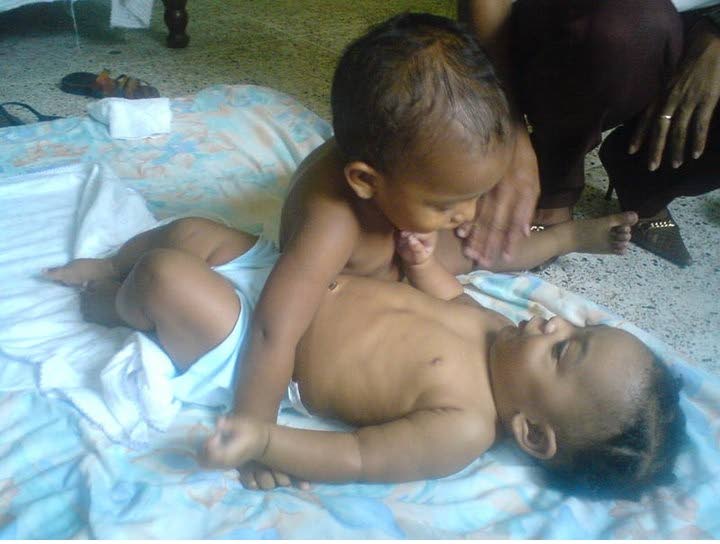Social restrictions take hit on children too

SOCIALISING plays a major role in the development of self. The theory of self, posited by sociologist George Mead, is based on the premise that people are better able to see and understand themselves when they observe, respond to other people’s opinions about them and internalise their feelings about themselves during social interactions.
Counselling psychologist Shaynelle George agrees that when children socialise with other children in any setting, it helps them develop a sense of who they are and teaches them a number of skills such as sharing, problem-solving, empathy and setting boundaries – all skills they will eventually apply to their everyday lives. “I think the theory is accurate, especially as it regards children,” she told Newsday.

As a result, their inability to have face-to-face interactions with their peers for a prolonged period because of the social restrictions brought on by the covid19 pandemic may have temporarily stymied their social development. “Children who have had experience or have been exposed to social interaction before covid19 will not lose their ability to socialise, but it (the effects of the pandemic) will definitely have affected them,” she said. And with schools being major socialisation hubs, George said those who would have done the Secondary Entrance Assessment (SEA) exam this year and those who would have just started developing bonds and friendships with children at school would have taken a hit.
“Those children who would have just started a new school, be it pre-school, primary or secondary will be among the ones on whom the social restrictions would have had a major impact,” she said, as they now have only limited interactions with their new friends. “Most of them don’t have any type of interaction apart from on their computers, phones or tablets,” and because children are sociable by nature, more than just virtual bonds will be required for their social development.

For children who did the SEA exam in August, George said, they have not only had to start a new school and system of learning, but they have had to get to know a whole class of peers and their teachers in a non-traditional way.
“They are now virtually meeting children they’ve never met before. They now have more than the one teacher they were used to in primary school. Fostering friendships without the classroom setting, as they are used to, will be a lot harder for them.” Of course, she said, the personality of the child will determine how quickly friendships will develop.
“What I would suggest is that parents arrange for these children to meet in person over the holidays, all safety protocols observed, of course,” since it may be a while before they go back to the traditional classroom setting. They can meet in very small groups to talk, bond over a meal, or just take a walk in the park, all physically distanced, wearing masks and supervised by parents or guardians. The idea is to have some non-virtual interaction, even if its’s for a short time.

She said the mental and emotional toll may be worse on children who don’t have siblings, or those who don’t have close relationships with their parents or siblings.
“Those who do not have stable ties at home, to them their friends at school are a main source of comfort or sometimes become confidants. This lack of interaction with their peers may increase anxiety and depression in some cases. I have seen instances where, because of this, children have become withdrawn.” And the effects, she said, may even seep into other areas of their lives, including their motivation to do their school work.
“I have a couple of clients who have expressed that being in the classroom setting is what motivates them and pushes them to want to do their work. That kind of low-key competitiveness is what drives some students to excel.”
Younger children who may have been merely months old when the first lockdown was initiated in March would most certainly have been affected, especially those who would have had no interaction with anyone outside of their immediate family. As it regards some reports by parents that their young children cry hysterically when they get in close proximity to people with whom they are not familiar, or the normally loquacious ones who refuse to utter a word once they leave the familiarity of their homes, George said while this may not be abnormal in some children, in others it could be an effect of the pandemic.

“This is not outside the scope of a one-year-old to be considered odd at all. It is very normal for children to hesitate around people they may not be familiar with, and it does not speak to their ability to communicate or interact.”
But, she said, children have different personalities and if parents feel that their child’s social behaviour is not in keeping with their personality, then they can do something about it.
“You can educate them on socialisation and interaction.” For example, she said, there are age-appropriate YouTube videos that parents and guardians can use to teach children how to socialise. And for those who are trying to keep their children away from any more screen time, George said face-to-face interactions, with all safety protocols observed is not out of the question.
“If parents are concerned about that, they should try to foster interaction in a safe way. You can find ways to expose them to interaction with people outside of the immediate family in a way in which you’re comfortable and which does not put anyone at risk.”


Comments
"Social restrictions take hit on children too"